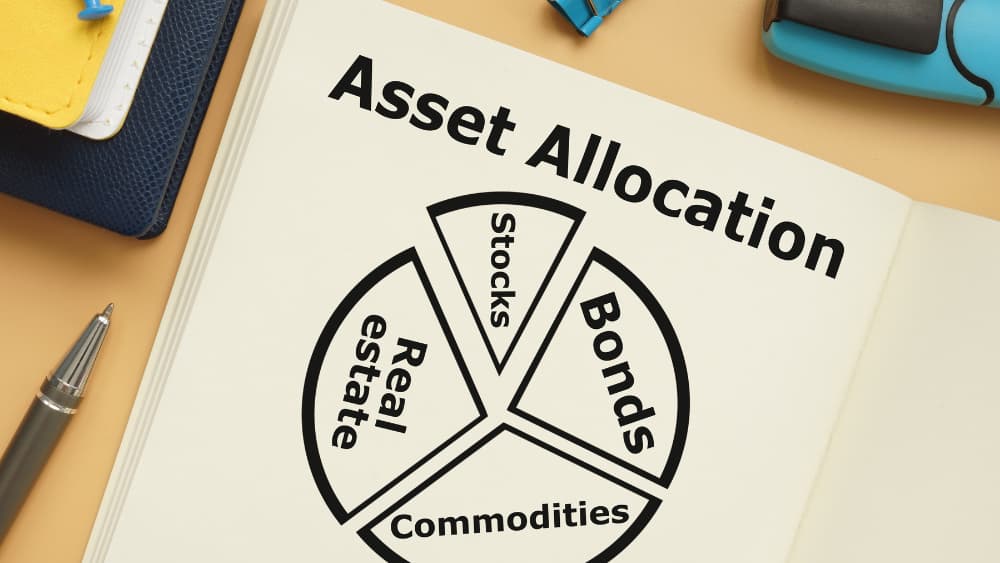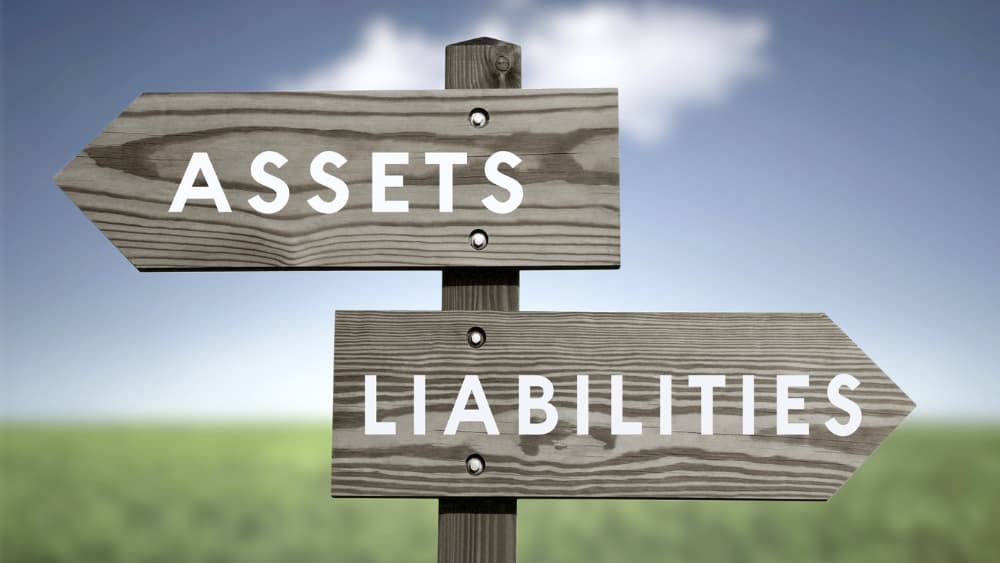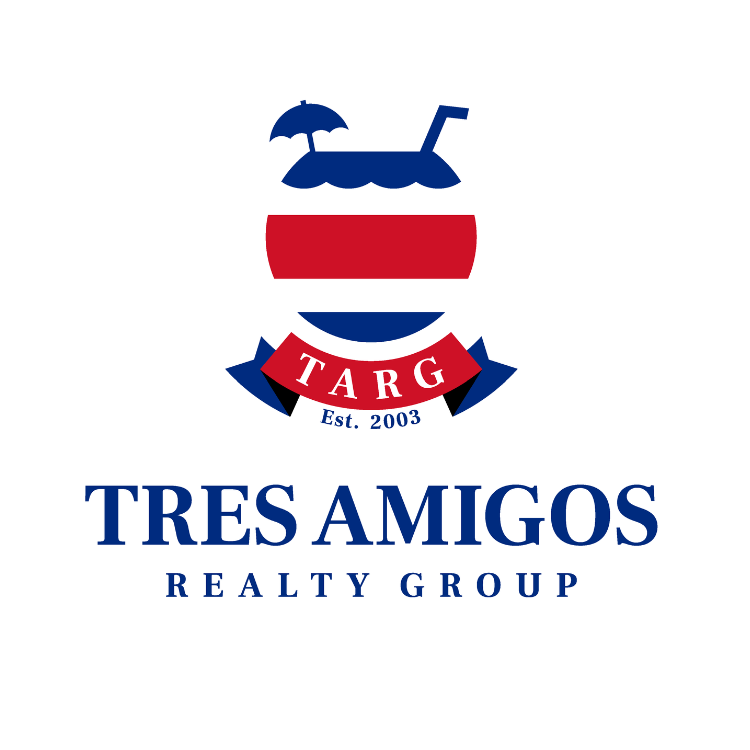Over the past decade, Costa Rica has attracted an increasing amount of Foreign Direct Investment (FDI) in a number of sectors, including high-tech, manufacturing, infrastructure, and especially real estate.
The factors that attract foreign investment here - especially by the very wealthy - are tax incentives, a stable political climate, and a skilled labor force.
However, a generally protectionist central government, poor infrastructure, high energy costs, plenty of red tape, and weak investor protection have created road blocks with respect to greater competitiveness in the Costa Rican economy.
Yet, both despite and because of these factors, Foreign Direct Investment in Costa Rica reached an all-time high in 2023, surpassing the $3.921 billion mark – a 131% increase over the $3 billion target mark for that year, and a 24% increase over the FDI in 2022.
So, what are some of the keys to success of those investing in Costa Rica?
Just about anyone contributing to a 401k for their retirement has, in all likelihood, allocated a percentage of their contributions in some sort of foreign investment mutual fund. That mutual fund will most likely have a portion of funds invested in foreign real estate.
So, why not get in on the game yourself?
In Robert Kiyosaki’s best seller, Rich Dad, Poor Dad, the author puts forth several principles for acquiring wealth, and several “…steps for awakening your financial genius.” For many considering retirement here in Costa Rica, the biggest investment they are likely to make is in Costa Rican real estate. So, while discussing some of Kiyosake’s key steps and principles, we’ll concentrate on Costa Rica real estate investment.
 1st: Wealthy people collect assets, not liabilities.
1st: Wealthy people collect assets, not liabilities.
Wealthy expat investors acquire assets and avoid acquiring liabilities. You may be thinking about sinking a good portion of your retirement funds into that new 25’ Grady-White Fisherman 257 and starting a sport fishing business.
But, having a boat here in Costa Rica is filled with inherent liabilities. Import taxes alone may sink your dream before you can catch your first dorado (mahi-mahi). Parts availability and maintenance can be problematic. And, get ready to pay more – a lot more – for diesel fuel and gasoline. There are many here who have tried to realize that dream and have become poor statistics. Don’t let your dream cloud the reality.
The wealthy expat investor concentrates on collecting assets. Real estate is a very solid one, if you’re willing to do some homework and educate yourself. You’ll need to find a trustworthy and reputable real estate agent – like me – and a knowledgeable and experienced lawyer.
Bottom line: Whether you’re buying a property to live out your golden years or searching for a vacation rental property that can generate income on top of your retirement pension, Costa Rican real estate is a sound addition to your asset portfolio.
Seize opportunities by purchasing undervalued properties. Try not to sink your entire savings into a single property. Diversify your real estate portfolio with a mix of residential, commercial, and land real estate. Be smart about avoiding the luxury real estate tax on homes or condominiums valued at about $279,000 or more, if you’re stretched too thin financially. Ask a lot of questions and shop around.
 2nd: Wealthy investors protect their assets and reduce their personal liability.
2nd: Wealthy investors protect their assets and reduce their personal liability.
Corporations are an expat investor’s best friend in Costa Rica. Under the Costa Rica Constitution, foreign citizens have equal rights to buy and own property. While you’re perfectly free to buy fee simple property and put it in your own name, smart expat investors often put their real estate in the name of a Costa Rican corporation. There are two types of corporations:
- S. A. (Sociedad Anónima), which translates to “Anonymous Society”; or
- S.S.R.L. or LTDA. (Sociedad de Responsabilidad Limitada), which means “Society of Limited Liability” (much like a, Limited Liability Corporation, or L.L.C. in the USA)
Having your investment in the name of a Costa Rican corporation reduces your personal liability in the event something catastrophic happens. For instance, heaven forbid you’re involved in an automobile accident here and it’s your fault – but crazy things do happen in life. If you’re sued for damages or loss of life, and have your home in your name, the entities suing you could lien your property and even be awarded the property in a court case or as part of a settlement.
Having your home in a Costa Rican corporation – a Costa Rican entity apart from yourself – protects your asset from being put at risk, in the event you are involved in a personal lawsuit. It’s also good advice to put any liabilities you own – automobiles, motorcycles, boats, or yachts – in a Costa Rican corporation, or corporations, for the same reason.
The cost of setting up a new corporation is not overly expensive or complicated. It usually runs in the neighborhood of about $700-$800. But, you will need an experienced and reputable attorney to make sure the corporation is set up correctly. The Annual expense for maintaining an inactive Costa Rican corporation, including legal fees, is about $1,300. This includes the annual company tax, the filing of the income Tax Return form D-101, the mandatory Declaration of Beneficial Owners and Shareholders, the Education & Culture Stamp Tax, and legal fees. That’s a small price to pay for peace of mind: your asset is protected. Consult your Costa Rican property lawyer for more details.
 3rd: Wealthy people choose their friends carefully.
3rd: Wealthy people choose their friends carefully.
Costa Rica is nicknamed “The Land of Pura Vida” – which translates literally to “The Land of Pure Life”. It’s a place that attracts people who enjoy a pace of life that’s kicked down a notch: people who want to stop and smell the orchids, enjoy the fresh air, sunshine, rain – and rainbows – and the incredible bounty that beautiful Mother Nature has to offer here.
But, there’s an element here that’s not so “Pura Vida.” And among the seasoned expats who live here, Costa Rica goes by another nickname – “The Land of the Wanted and the Unwanted.” While Costa Rica is a haven for genuinely good people from all nationalities, ages and walks of life, it also attracts some folks with not-so-good intentions.
Smart expat investors – and smart people in general – surround themselves with people just like themselves. They‘re streetwise, intuitive, intelligent, ask questions, don’t settle for less, and tend not to be fooled easily. And, given that real estate and bank fraud scams are all too common here, they need to be. So do you.
Costa Rica may seem on the surface to be an idyllic tropical paradise. But the reality is that it’s just like any other country in the world, once you scratch a little below its beautiful surface. The old Roman adage, “caveat emptor” (“let the buyer beware”) is as applicable here as it is anywhere else around the globe.
The Costa Rican real estate industry is not regulated (unlike the legal profession which is). There is no Office of Professional Regulation for real estate agents. There are no licensed real estate professionals here.
There are very reputable real estate agents who belong to a handful of private societies and organizations that lend credit to their title. But, the reality here is that anyone can claim to be a reputable real estate agent when, in reality, they might be far from it.
It is highly advisable that the smart expat does business with a reputable real estate agency and agents that have proven track records and lots of verifiable references. That doesn’t mean you need to stick with the big, well-known, North American real estate agencies. There are plenty of smaller, local real estate agencies - like Tres Amigos Realty Group - that are perfectly honest, capable, and reputable sprinkled throughout this beautiful country. But you have to do your homework.
Get any and all contracts, letters, and agreements in writing, and have your lawyer review them before you sign anything.
 4th: Just because they're wealthy doesn't mean they're arrogant.
4th: Just because they're wealthy doesn't mean they're arrogant.
It’s easy for many who visit Costa Rica to fall into the trap of thinking they know more than those they perceive to be uneducated, in the dark, “back woods”, “country”, or “third world.” Many expats can be overheard in banks, grocery stores, restaurants and hotels saying, “Well THAT’S not the way we do it back home where I’m from!” And while that may be perfectly true, it doesn’t play well here for a couple of reasons.
One is that it’s an insult to Costa Ricans. “Ticos,” as they are affectionately nicknamed, just like everyone else, don’t take kindly to insults. And, while the culture here is extremely non-confrontational as a rule, an act of reprisal or vengeance is something not to be ruled out. Costa Ricans are very polite and you may not even know that you have offended your lawyer or real estate agent – or the seller of the property you are interested in. Costa Rican culture can also be passive aggressive. So, when you finally do realize your arrogance has caused a problem, it will most likely be too late.
The second is that you, as a foreigner, do not enjoy a home field advantage. You’re the Visitors’ team. And an expat who thinks they know more that the Home team can quickly find themself in an extremely disadvantageous position with the Home crowd.
If you come here thinking you know everything, you also put yourself at risk for making costly mistakes or oversights. Doing your homework is requisite. But, going with the flow is just as important if you’re going to get the deal done and reap its benefits.
 5th: Wealthy investors choose heroes.
5th: Wealthy investors choose heroes.
At some point in our lifetimes, we’ve probably admired a hero or two. It may have been a fictional comic book or cartoon character like Superman, Batman or Wonder Woman. Or maybe a war hero, like General Douglas MacArthur. They may even have been a president – John F. Kennedy? – or a great humanitarian like Mother Teresa – or maybe a family member like your father or sister. Heroes are emulated. We look to them for guidance, inspiration, passion, and direction.
Most wealthy people would probably say they have a hero or two. But, maybe it’s Warren Buffett or Ray Dalio, instead of (or in addition to) Spiderman. Their heroes might even be companies like Northwestern Mutual or Raymond James. Why?
Because by having heroes, it becomes easier to tap into your own investment genius.
Emulating the real estate investment strategies of successful companies and individuals can enhance your own investment strategies – and make them more effective and profitable.
And, let’s not forget your family. Once you have acquired all of that wealth, you’ll want to be able to pass it on you your kids, grandkids, or maybe a niece or nephew. You will want to have a long-term investment strategy to manage your wealth so that it is maintained through future generations.
 Imitating the strategies of your heroes is the best way to help you both acquire wealth and make sure it is managed effectively, so that it can flow from generation to generation.
Imitating the strategies of your heroes is the best way to help you both acquire wealth and make sure it is managed effectively, so that it can flow from generation to generation.
Wealthy expat investors don’t work very hard. They collect assets that work for them. In order to do that, they educate themselves on Costa Rican real estate law, seek qualified professional advice, surround themselves with like-minded people, stay focused, take cues from their heroes, play nice, and go with the flow. Doing anything otherwise puts them at risk of becoming a poor statistic.







